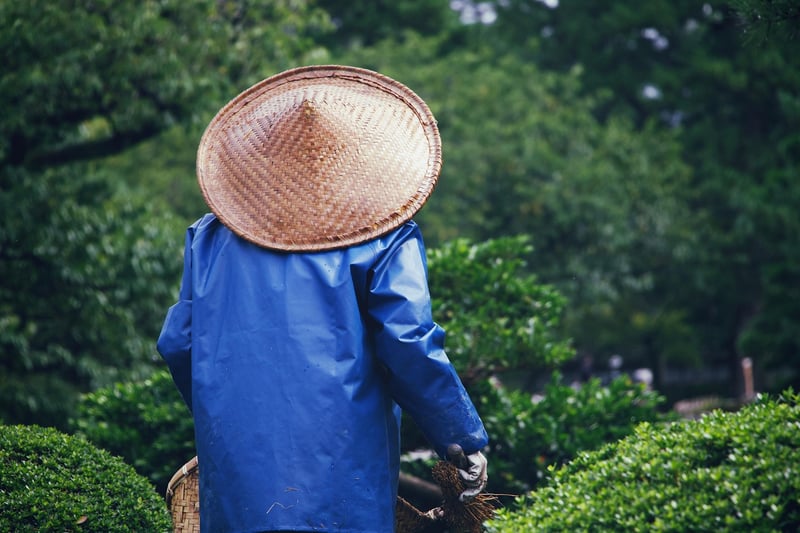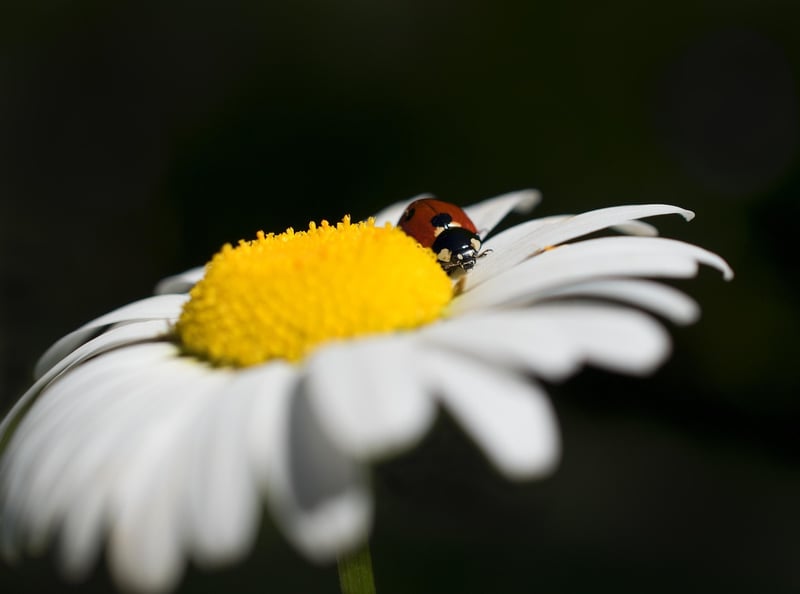Pest Control
#Crop Rotation
#Weed Control
#Pest Management
Optimizing Plant Growth and Pest Control
Introduction to Plant Growth Optimization
Proper plant growth is essential for a healthy and thriving garden or crop. By optimizing plant growth, you can ensure better yields and overall plant health.
Factors Affecting Plant Growth
Several factors can impact plant growth, including:
- Light
- Water
- Nutrients
- Soil quality
- Temperature
Tips for Optimizing Plant Growth
- Ensure plants receive adequate sunlight based on their specific requirements.
- Water plants consistently, avoiding both under-watering and over-watering.
- Use fertilizers to provide essential nutrients to the plants.
- Monitor and maintain soil quality by testing pH levels and adding organic matter.
- Regulate temperature conditions to suit the plants' needs.
Introduction to Pest Control
Pests can significantly damage plants and reduce yields. Implementing effective pest control measures is crucial for plant health.
Common Garden Pests
Some common garden pests include:
- Aphids
- Whiteflies
- Caterpillars
- Snails and Slugs
- Spider Mites
Effective Pest Control Methods
- Encourage beneficial insects like ladybugs and lacewings that feed on pests.
- Use natural predators like nematodes to control pest populations.
- Practice crop rotation to disrupt pest life cycles.
- Apply organic pesticides like neem oil or insecticidal soap.
- Regularly inspect plants for signs of pest infestation and take prompt action.
Conclusion
By optimizing plant growth and implementing effective pest control measures, you can ensure a bountiful harvest and healthy plants in your garden or crop.


